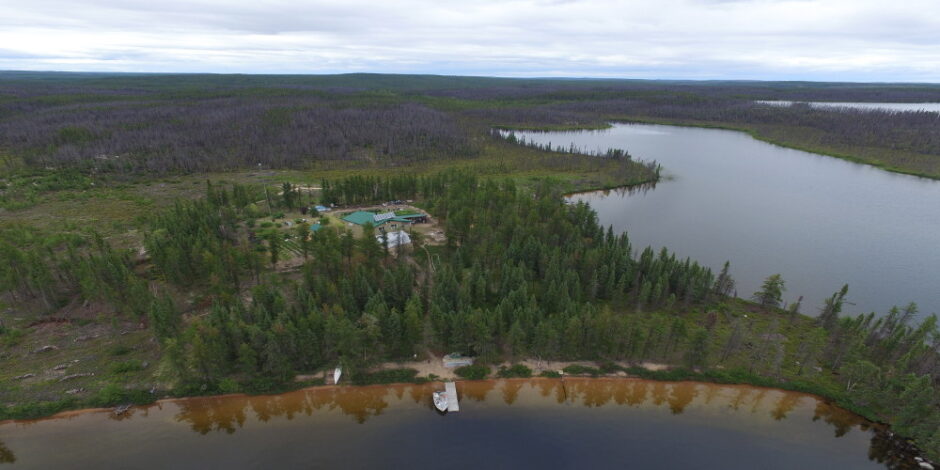In my previous four installments, I explained how we’ve met our daily water requirements from a drilled well, a lake, and a hand dug well. Today, we’ll discuss homestead water filtration.
Any open body of water, no matter how pristine it looks, should be considered contaminated and treated accordingly. Unless you are fortunate enough to have a spring bubbling up from the ground, all water needs to be treated in a manner that will insure your safety when utilized.
In our case, it could prove fatal if we don’t take filtration seriously. Medical care is a long flight away, assuming a float plane could get in here. Even a drilled well needs to be treated initially and back at our Maine homestead, our well driller used some bleach to do this. I deferred to the well drillers expertise on what quantity to use but essentially, once the bleach was in the well, I pumped water until I could no longer smell the bleach in the water. At that point, I did some extra pumping for good measure and then the well was considered safe at that point.
The only additional step I did was to make sure the well casing was capped as best as possible so mice or bugs didn’t drop into our nice clean well water for a swim. As a result, we had safe drinking water for our 20 years there.
Homestead Water Filtration
Our Canadian homestead definitely needed a filtration system. Regardless of whether we drew direct from the lake as we did initially, or from our hand dug well as we did in subsequent years, we have had filters in the system.
The “local” (100 air miles away) hardware store carried Rainfresh products so that’s what I purchased. Our filtration is done in 2 steps. First I installed an overall house filter right after the water pump to catch the vast majority of sediment and bacteria. This filter is located in our root cellar right after the pressure tank. With this set up, our water gets filtration before ever leaving the cellar and going to the rest of the house.

Whole House Water Filter
I made sure I installed shut off valves just before and after this filter. This allows me to easily change filters when necessary. In our case, every 2-3 months, I’ll swap a filter when Johanna complains that it’s taking a long time to fill up her washer. These filters are washable and reusable, so I’ll give the dirty filter a good scrubbing, let it dry and it will be ready for use the next time the filter needs changing.
Keep in mind, if you shut off both valves, the filter and housing are still under pressure so you will need to keep the filter output valve open, briefly open a tap to bleed the pressure and then close that valve. That valve insures the water doesn’t drain back out from the house while you have the filter out.
Even with that overall house filter installed, we aren’t comfortable drinking the water. It likely is quite safe but why take a chance. Because safety is paramount, I installed a second filter which is located under the kitchen sink. It goes to a separate faucet and spout. As with the whole house filter in the root cellar, I made sure to have shut off valves just before and after the filter housing.
So at the kitchen sink, we have three faucets, a hot and cold water faucet as well as a separate faucet for filtered water. My wife uses that for our drinking water as well as rinsing garden salad fixings in summer or any chore that requires a higher level of clean, pure water.

Under Sink Ceramic Water Filter
This kitchen sink filter is ceramic and filters down to 0.3 micron absolute. When it becomes dirty, the water flow will slow to a trickle and I know it’s time to take it out and give it a cleaning. An abrasive paper comes with the filter for this purpose and inside of a few minutes, the filter is clean and ready to purify water again. This is the model we have. http://rainfresh.ca/undersink-inline-water-filter-systems
As you can see, there are different models and filter choices so it’s a matter of choosing what’s right for your circumstances.
Stay tuned for how we solved the dilemma of off-grid hot water.
Until next time, keep the dream alive! We wish you a great day! Ron and Johanna
If you found our site and this post of value, would you please click the “Top Prepper Sites” link in the right hand column to vote for us. Thank you so much!
Please subscribe to our blog if you would like email notification of new posts.
